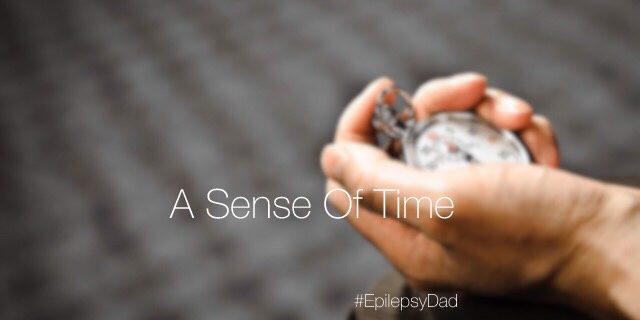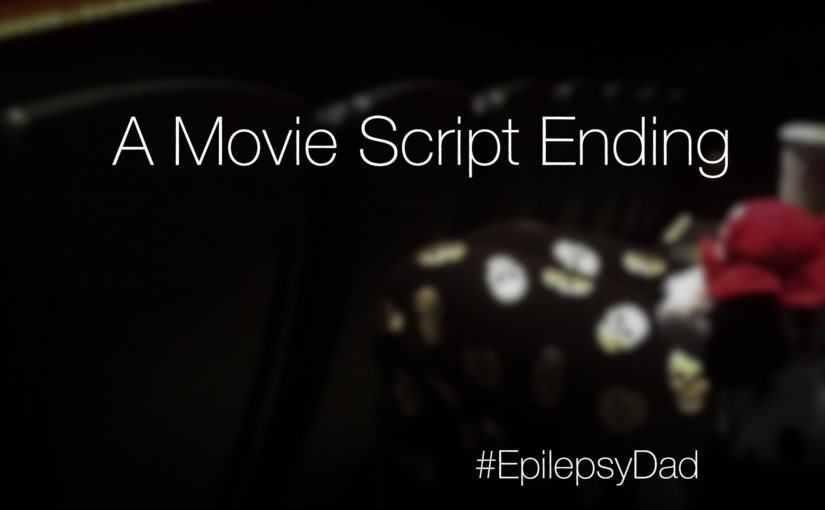I had a birthday recently. Getting older doesn’t generally bother me but, this time, my birthday felt different. This time, my birthday came with the realization that, realistically, I’m past the mid-point of my life. It made me feel like I was running out of time.
I’m running out of time to spend with my family.
I want to spend as much time as I can with my family. I want to look back on my life and not think that I worked too much, or was on the computer too much, or was on my phone too much. I want to look back on my life and know that I was a present father and husband. I want to know that I went to all the baseball games and performances and that my wife and I had date nights. I want to know that I was there when my family needed me.
There are so many obligations. There are so many distractions. There are so many demands on my time. My birthday made me wonder if I was making the right choices with how I spend my time.
I’m running out of time to prepare my son for the future.
Epilepsy through such a curveball at my son’s development, both intellectually and socially. It set him back a few years, and the gap is widening between him and his peers.
I worry that there will not be enough time to prepare my son for the world. I worry about what will happen to him after I am gone. But sometimes, I worry too much about preparing him for the future that I forget to let him be a kid. My birthday made me wonder if there was a way to help him develop and grow while still giving him the childhood he needs and deserves.
I’m running out of time to prepare the future for my son.
I also feel such a sense of responsibility to prepare the future for my son. We don’t know what his life will look like after we’re gone. We don’t know if the seizures will ever be under control. We don’t know if he’ll be able to support himself, or hold a job, or have a family.
I used to think only about having enough money for a comfortable retirement, but now I think about how I can best secure a comfortable future for my son. There is less time to do that now, and focusing on the future takes away from the present and spending time with my family. My birthday made me wonder if I was making the right choices now to protect my son in the future.
There is still time.
Although it originally felt like a sense of urgency, what my birthday actually gave me was a sense of time and the importance of it. It made me question my relationship with the future and the present and ask myself if I am spending my time in each way that I should. It made me realize that I often live at the extremes, ignoring either the present or the future, instead of finding the healthy balance between the two.
I’m not sure what I’ll do with the gift, but I’m hopeful that I will make the most of it. I suppose we’ll have to see what happens.
In time.
Enjoy yourself. It’s later than you think. ~Chinese proverb

